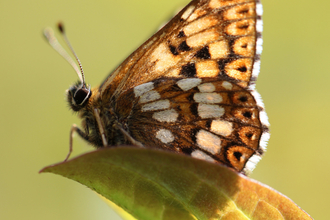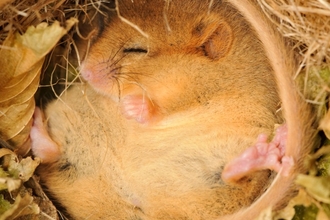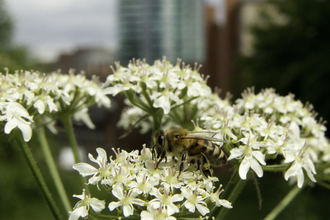Before the Election, the Labour Party promised voters that they would protect and restore nature. Now, just over a year into power, the Government's planning reforms are set to significantly weaken environmental protections around housebuilding and development.
This is bad news for wildlife, and bad news for people.
On the 17th July, the Planning and Infrastructure Bill moved onto the next stage of its progression through Parliament, the House of Lords Committee Stage.
Despite it’s bold claims that it is a ‘win-win for development and for nature’, Part III of the bill would remove three strategic principles that have long played their part to protect nature from unchecked development. The ‘precautionary principle’, which means don’t destroy something until you know what’s there. The ‘mitigation hierarchy’, which prioritises avoiding an impact if you can, rather than just paying to compensate for it, and the ‘polluter pays’ principle will also be undermined, because all developers will pay into the fund for every development meaning there is no financial incentive for developments good for nature. You can read more about our concerns here.
At previous stages, whilst in the House of Commons, we have worked with other Wildlife Trusts around the country to encourage people to ask their MP to intervene.
Thank you to everyone who joined in as over 90,000 messages have been sent nationally to MPs and the UK Government!



